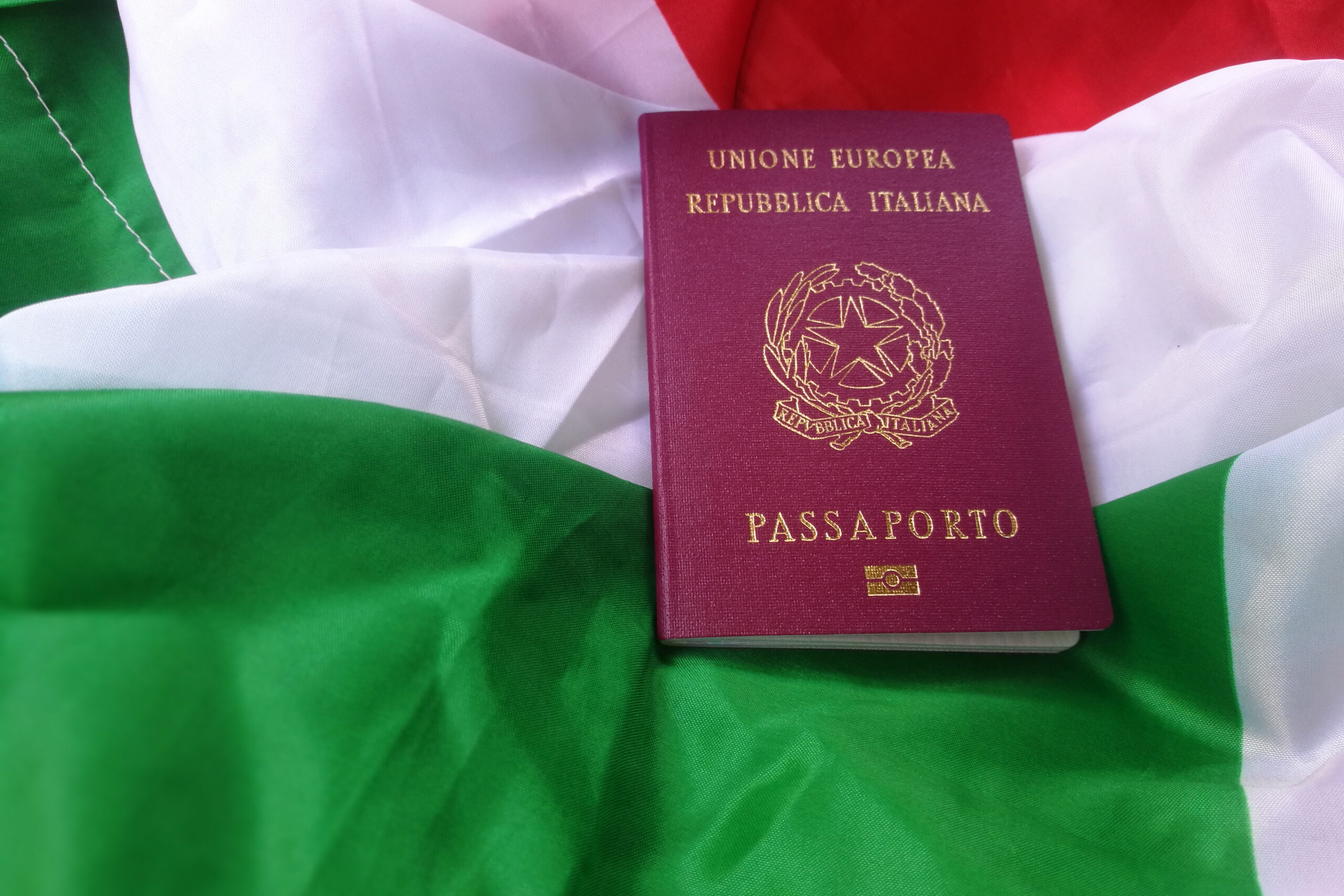
Citizenship by Descent: Legal Steps to Reclaim Your Heritage
For many people, citizenship by descent is more than a legal process — it’s a personal connection to family roots, culture, and identity. If one of your parents, grandparents, or even great-grandparents held citizenship in another country, you may have the right to apply for it too.
But while the idea is simple, the legal path can be detailed. Here’s what you need to know before you begin.
1. What Is Citizenship by Descent?
Citizenship by descent means you may be legally eligible to claim citizenship based on your ancestry, even if you were born and raised elsewhere.
Countries define this differently, but key factors often include:
Your ancestor’s place and date of birth
Whether they gave up their citizenship
The citizenship status of each generation in between
It’s not automatic — each country has specific rules about how far back descent can be traced, and under what conditions.
2. Collecting the Right Documents
The process begins with building a strong application supported by proper records. Common documents include:
Birth, marriage, and death certificates of your ancestors
Proof of uninterrupted lineage (e.g. parent to child)
Naturalization records or proof that citizenship wasn’t lost
You may also need translations or certified copies, depending on the country’s requirements.
💡 Start early. Gathering official records, especially from different countries, can take time.
3. Proving the Legal Link
Once documents are in hand, you’ll need to show that:
Each generation passed on citizenship legally
No key steps (such as renunciation) broke the chain
Your ancestor qualified under the laws in place at that time
Sometimes this step requires interpretation of old laws. A lawyer can help assess whether the conditions are met and whether your case is likely to succeed.
4. Submitting Your Application
Most countries accept citizenship by descent applications through:
Local embassies or consulates
Government immigration offices
Legal representatives acting on your behalf
The process may involve forms, interviews, background checks, and fees. Timelines vary — some cases take several months, others longer.
5. Dual Citizenship: Know the Impact
Before you apply, make sure you understand how a second citizenship may affect:
Your tax obligations
Military service requirements
Travel, residency, or employment rules
Some countries accept dual citizenship without conditions. Others may ask you to give up your existing nationality. Always check with both governments.
Final Thoughts
Reclaiming your heritage through citizenship is both a legal journey and a personal one. It requires careful planning, accurate records, and a full understanding of the process.
If you're thinking about applying, our team can assist you with verifying eligibility, preparing documentation, and guiding you through every step.










